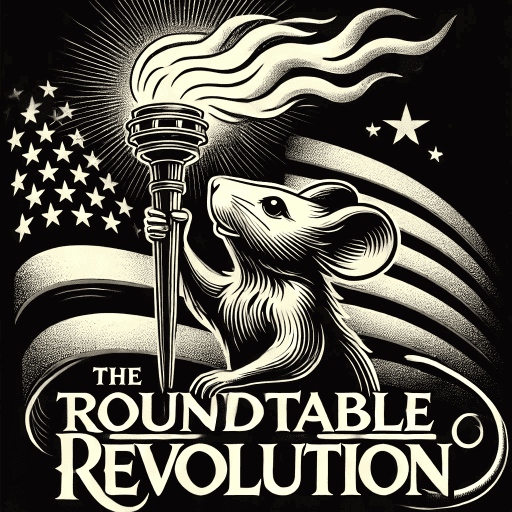
Styled Text Example
Learning from History to Forge a Better Future
Throughout history, the greatest transformations have often begun with conversations—moments when people from all walks of life, with differing perspectives and beliefs, have sat down to address the challenges of their time. This is the essence of the “Roundtable Revolution”—not just a call for change, but a call for collaboration, understanding, and action. And this isn’t without precedent.
The Legacy of Roundtable Movements
The term “Roundtable Revolution” evokes echoes of pivotal moments in modern history, where the concept of a roundtable signified unity, dialogue, and progress. Let’s revisit three such moments:
1. The Polish Round Table Agreement (1989): Faced with mounting economic challenges and social unrest, Poland’s government and opposition, led by the Solidarity movement, came together to negotiate a peaceful transition to democracy. The roundtable became a symbol of hope, with both sides working toward a shared future rather than clinging to past divisions.
2. The Hungarian Round Table Talks (1989): In Hungary, similar discussions between the ruling Communist Party and opposition groups paved the way for multi-party democracy. It was a bold yet collaborative step that demonstrated the power of dialogue over conflict.
3. The East German Central Round Table (1989-1990): Amid the Peaceful Revolution, East Germany convened citizens’ movements and government-aligned organizations to shape the country’s transition to democracy. These talks exemplified the importance of ordinary citizens having a voice in the decisions that shape their lives.
These moments weren’t about perfect agreement. They were about finding common ground to address deep-rooted systemic issues—something we desperately need in America today.
A Collaboration Amongst Americans
Like these historic roundtables, the Roundtable Revolution aims to bring people together, not to tear each other down but to build something better. In this era of division and distrust, it’s easy to forget that the foundation of America was built on compromise, debate, and shared aspirations. The Founding Fathers themselves sat around their own metaphorical roundtable to shape a vision of governance that, while imperfect, held promise.
Today, we face new challenges—economic disparity, political gridlock, corporate overreach, and a sense of disconnection between the government and the governed. These problems may seem insurmountable, but history teaches us that change is possible when people demand it and work together.
What the Roundtable Revolution Stands For
This movement isn’t about tearing down capitalism or abandoning the principles of our democracy. It’s about refining them. It’s about responsible capitalism—aligning corporate success with societal well-being. It’s about ensuring that democracy works for all, not just for the wealthy few. It’s about taking the best of what America is and building a system that lives up to its ideals.
The Time Is Now
History warns us of the consequences of ignoring these imbalances. Feudalist Capitalism, as we call it today, isn’t sustainable. The cracks are already showing in our institutions, our economy, and our society. We must heed these warnings and act before we face the kind of collapse that so many great civilizations failed to prevent.
But unlike those civilizations, we have examples to learn from—examples of peaceful, collaborative revolutions that worked. By embracing the spirit of the roundtable, we can create a future where every American has a seat at the table, and every voice is heard.
This is the Roundtable Revolution. Will you join us?
Share! Pass it along! That’s how this works! Let it begin!


